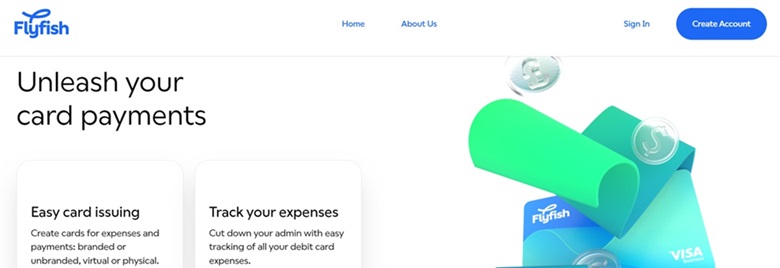In today’s rapidly evolving job market, finding a career that aligns with your passions, skills, and values is more important than ever. Whether you’re a recent graduate, someone looking to change fields, or re-entering the workforce, numerous emerging career paths offer exciting opportunities. This article will explore new and dynamic careers that are gaining traction, provide insights on how to enter these fields and offer tips on finding your voice in a new job.
Emerging Career Paths
1. Digital Marketing Specialist
With businesses increasingly relying on digital platforms to reach their audience, the demand for digital marketing specialists has surged. These professionals create and manage online marketing campaigns, analyze data, and develop strategies to increase brand awareness and sales.
Key Skills:
- Proficiency in SEO, SEM, and social media marketing
- Analytical skills to interpret data and trends
- Creativity in content creation and campaign development
How to Enter:
- Obtain a degree in marketing, communications, or a related field
- Gain experience through internships or freelance work
- Consider certifications like Google Analytics or HubSpot
2. Data Scientist
Data scientists are crucial in helping organizations make informed decisions by analyzing large sets of data. They use statistical methods, machine learning, and data visualization to extract insights and solve complex problems.
Key Skills:
- Strong background in statistics and mathematics
- Proficiency in programming languages like Python and R
- Ability to interpret and visualize data
How to Enter:
- Obtain a degree in data science, computer science, or a related field
- Gain experience through projects and internships
- Pursue certifications such as those offered by Coursera or edX
3. Sustainability Consultant
As businesses and governments focus more on environmental impact, sustainability consultants help organizations develop and implement sustainable practices. They work to reduce waste, improve energy efficiency, and promote eco-friendly initiatives.
Key Skills:
- Knowledge of environmental regulations and sustainability practices
- Strong analytical and problem-solving skills
- Ability to communicate effectively with stakeholders
How to Enter:
- Obtain a degree in environmental science, sustainability, or a related field
- Gain experience through internships or working with environmental organizations
- Consider certifications like LEED (Leadership in Energy and Environmental Design)
4. Remote Work Facilitator
With the rise of remote work, companies need experts to help manage and optimize their remote teams. Remote work facilitators focus on creating effective remote work policies, ensuring employee engagement, and leveraging technology for seamless communication.
Key Skills:
- Excellent communication and organizational skills
- Familiarity with remote work tools and platforms
- Ability to develop and implement remote work strategies
How to Enter:
- Gain experience in human resources, project management, or a related field
- Stay updated on remote work trends and best practices
- Consider certifications like the Remote Work Professional (RWP)
5. Cybersecurity Analyst
As cyber threats become more sophisticated, cybersecurity analysts are essential in protecting organizations from data breaches and cyber attacks. They monitor networks, identify vulnerabilities, and implement security measures.
Key Skills:
- Strong understanding of network security and protocols
- Proficiency in cybersecurity tools and software
- Analytical skills to identify and respond to threats
How to Enter:
- Obtain a degree in cybersecurity, computer science, or a related field
- Gain experience through internships or entry-level positions
- Pursue certifications like Certified Information Systems Security Professional (CISSP)
Finding Your Voice in a New Career
- Self-Assessment:
- Reflect on your interests, strengths, and values. Understanding what drives you will help you choose a career that is fulfilling and sustainable.
- Research:
- Stay informed about industry trends and emerging careers. Use resources like job boards, industry reports, and networking events to gather information.
- Skill Development:
- Continuously develop relevant skills through courses, certifications, and practical experience. This will enhance your employability and confidence.
- Networking:
- Connect with professionals in your desired field. Attend industry events, join online communities, and seek out mentors who can provide guidance and support.
- Personal Branding:
- Build a strong personal brand that showcases your expertise and passion. Use platforms like LinkedIn to share your achievements, insights, and professional journey.
- Adaptability:
- Be open to change and willing to adapt. The job market is constantly evolving, and being flexible will help you navigate new opportunities and challenges.
Conclusion
Finding your voice in a new career involves self-discovery, continuous learning, and strategic networking. By exploring emerging career paths like digital marketing, data science, sustainability consulting, remote work facilitation, and cybersecurity, you can identify opportunities that align with your skills and passions. Embrace the journey with an open mind, and remember that your unique voice and perspective are valuable assets in any career you choose.
Read More:- Optimizing Your Workspace: Selecting the Perfect Office Desk Chairs and More



